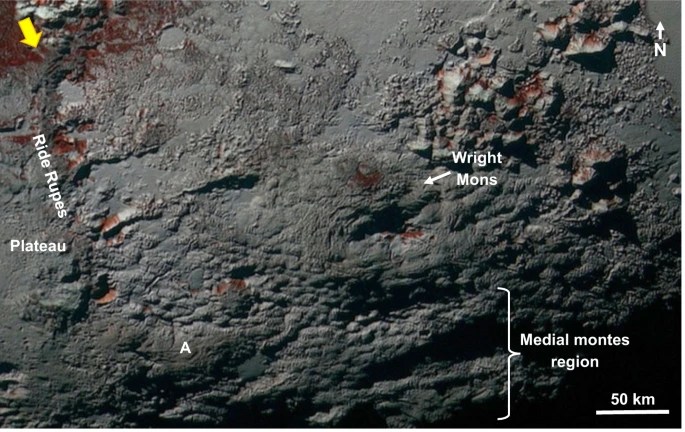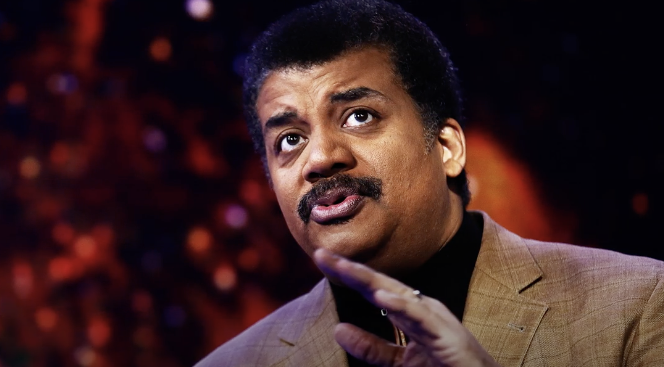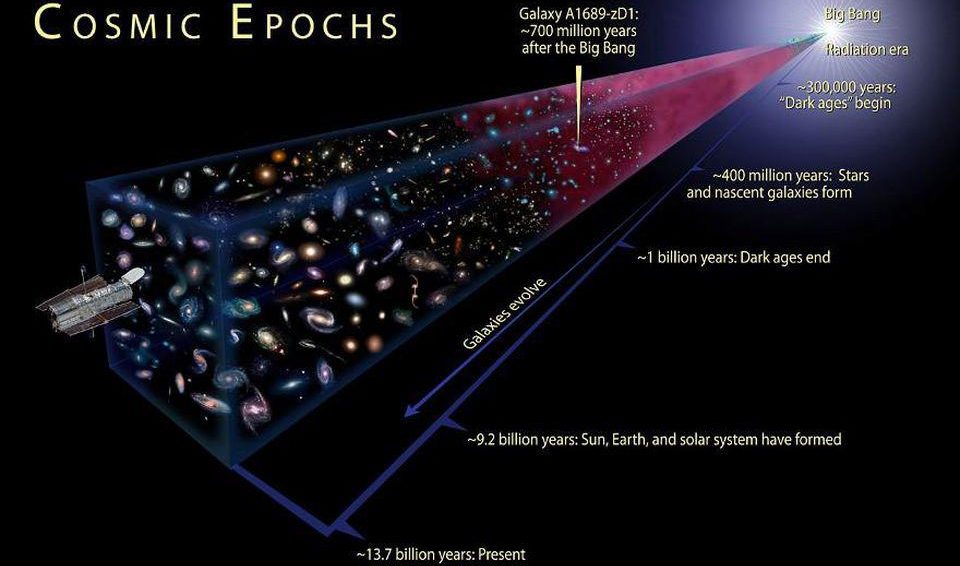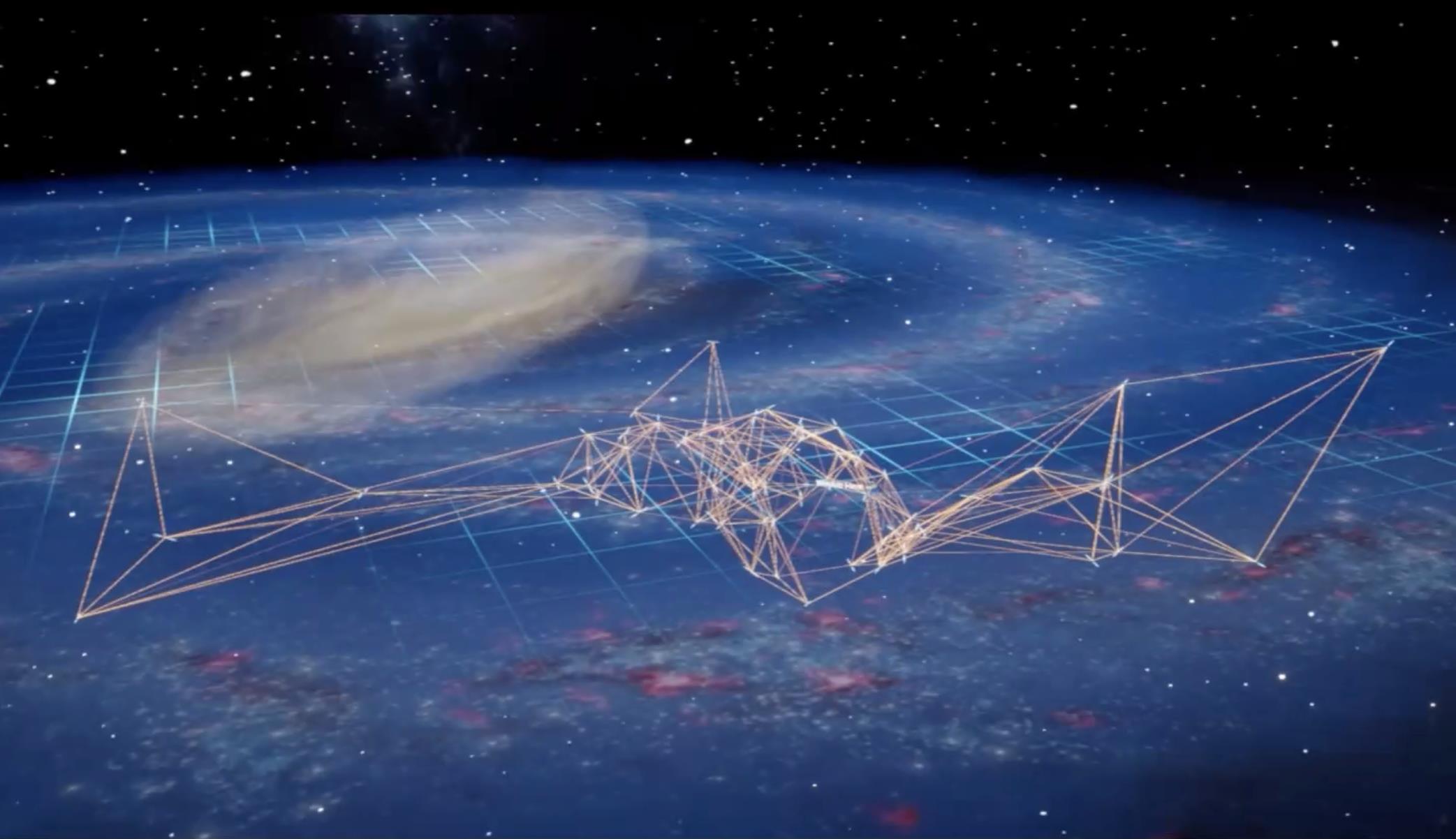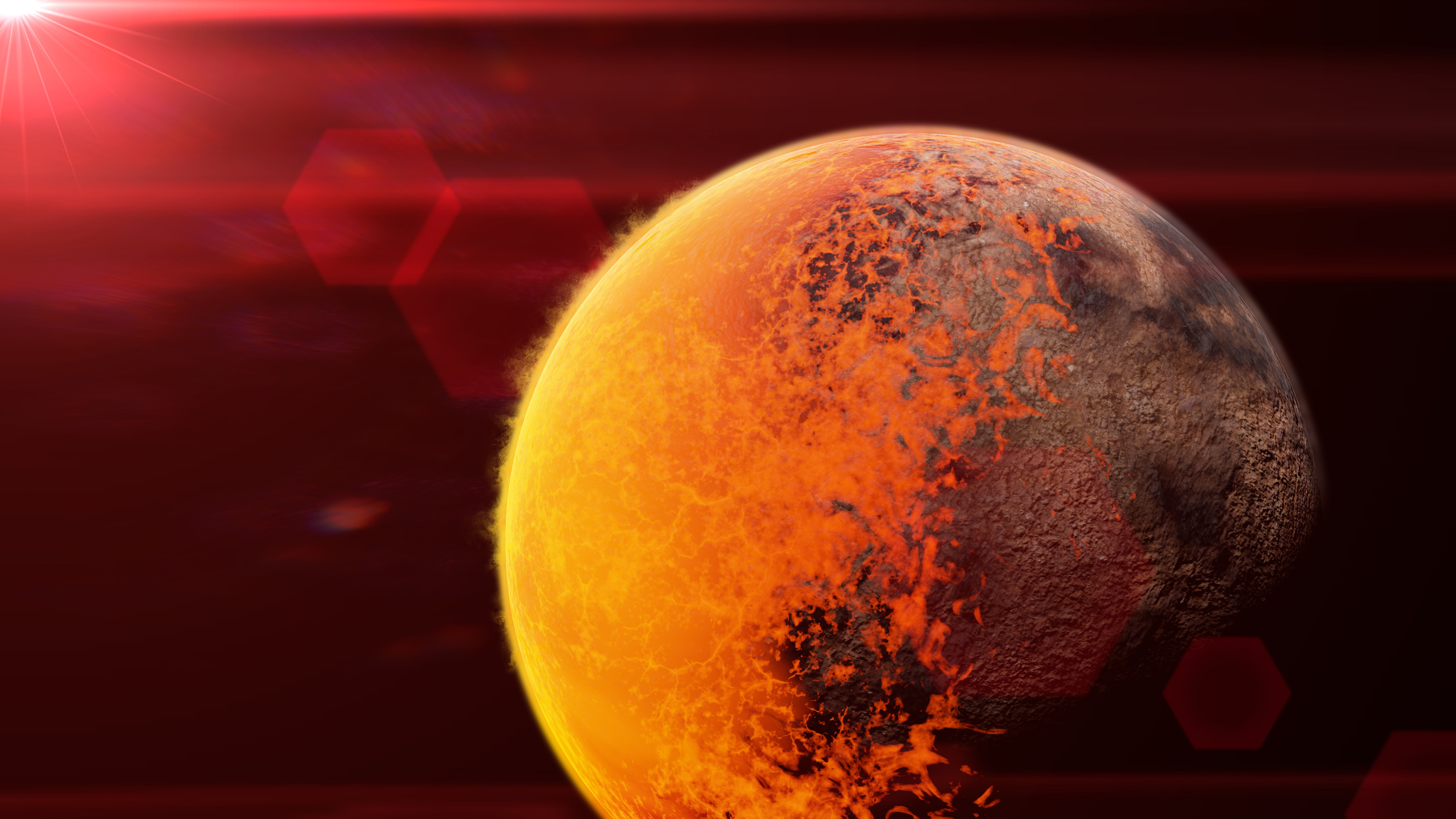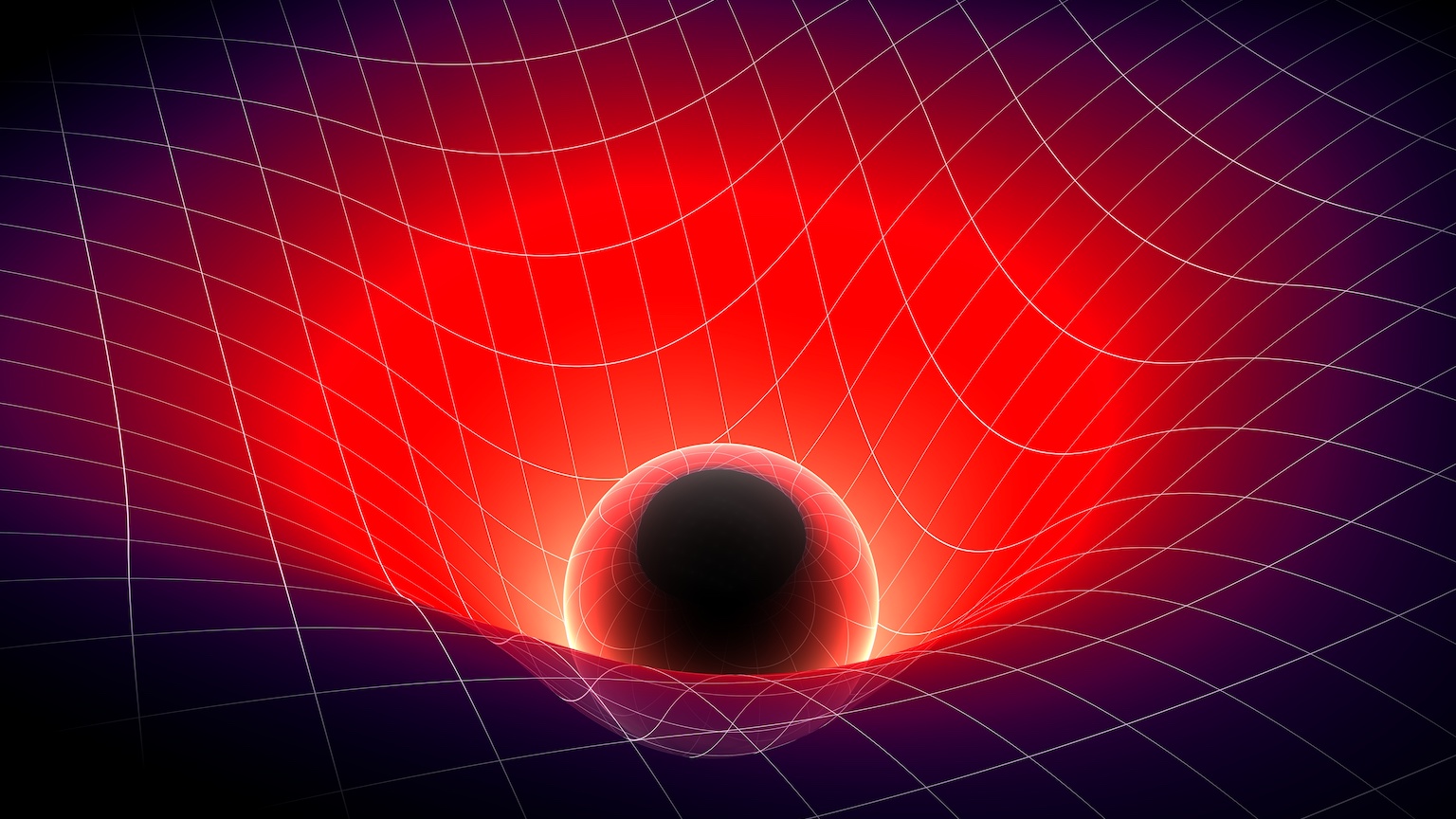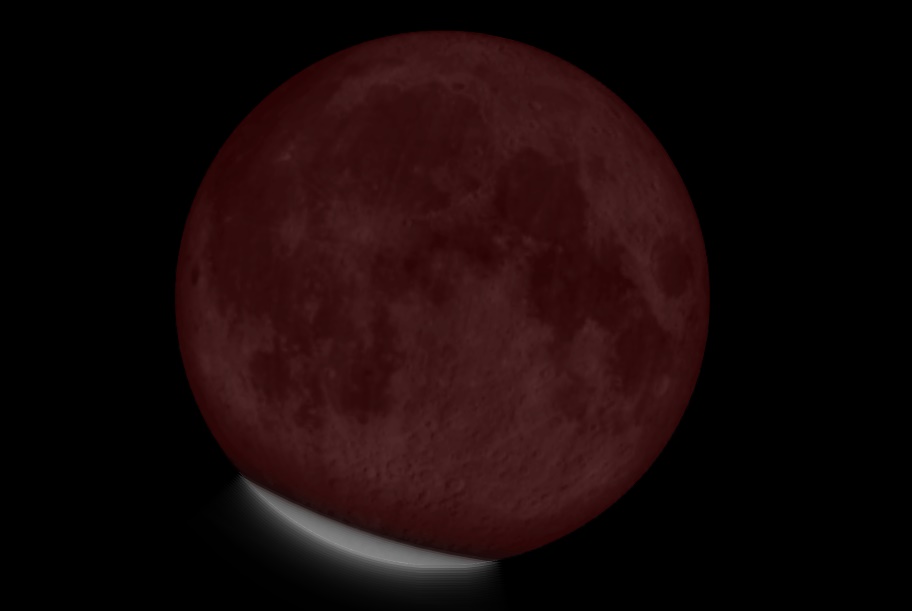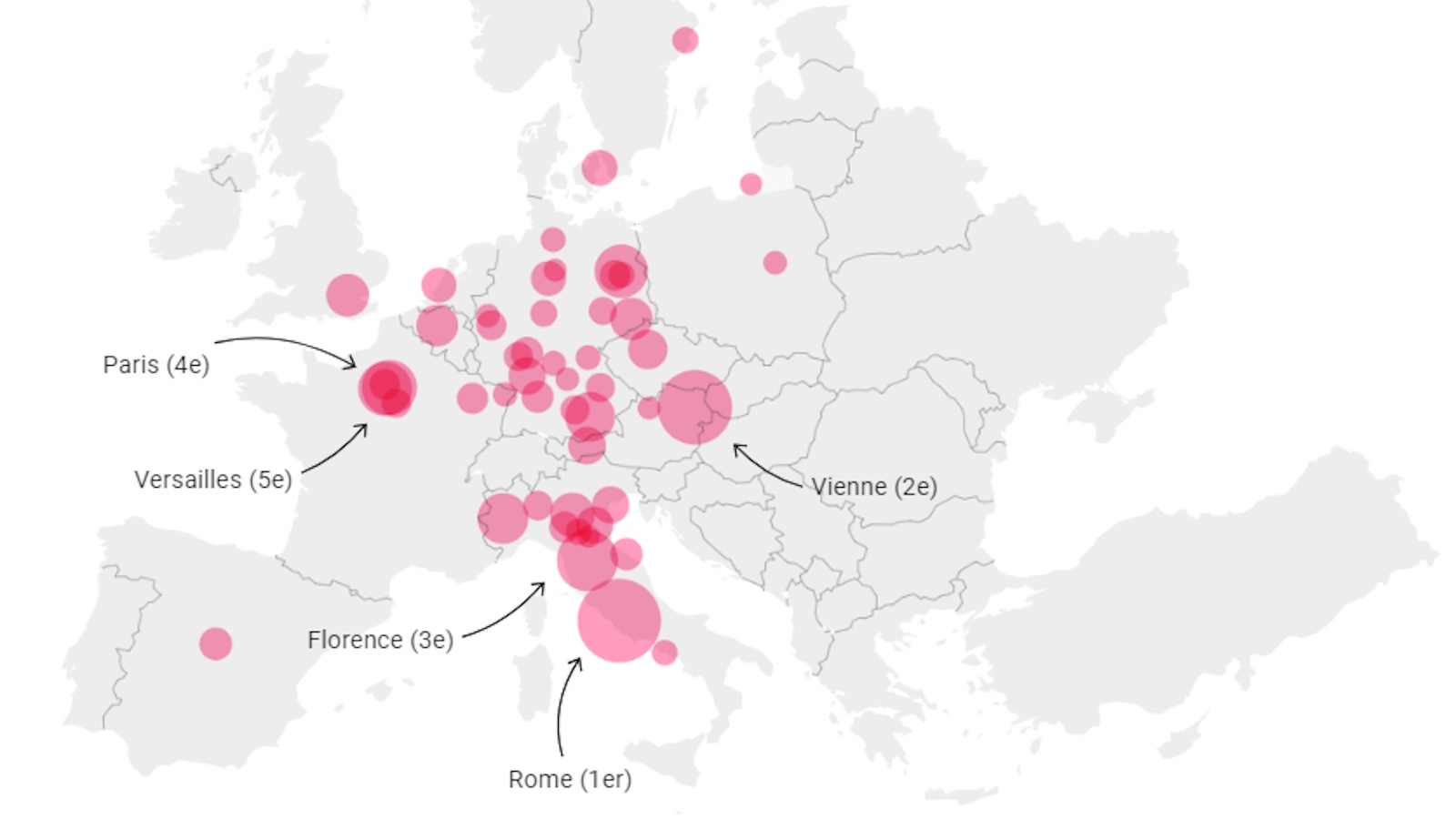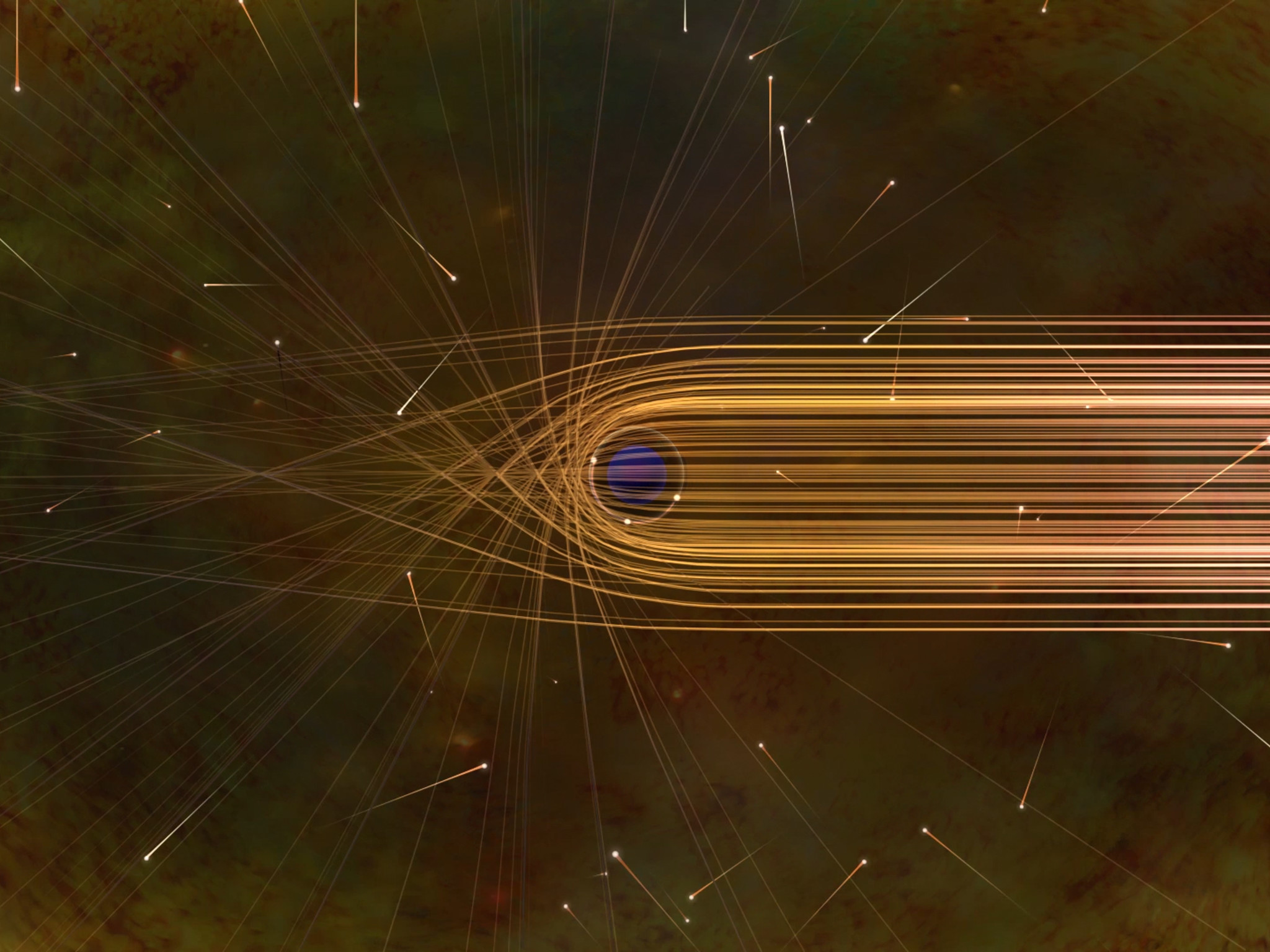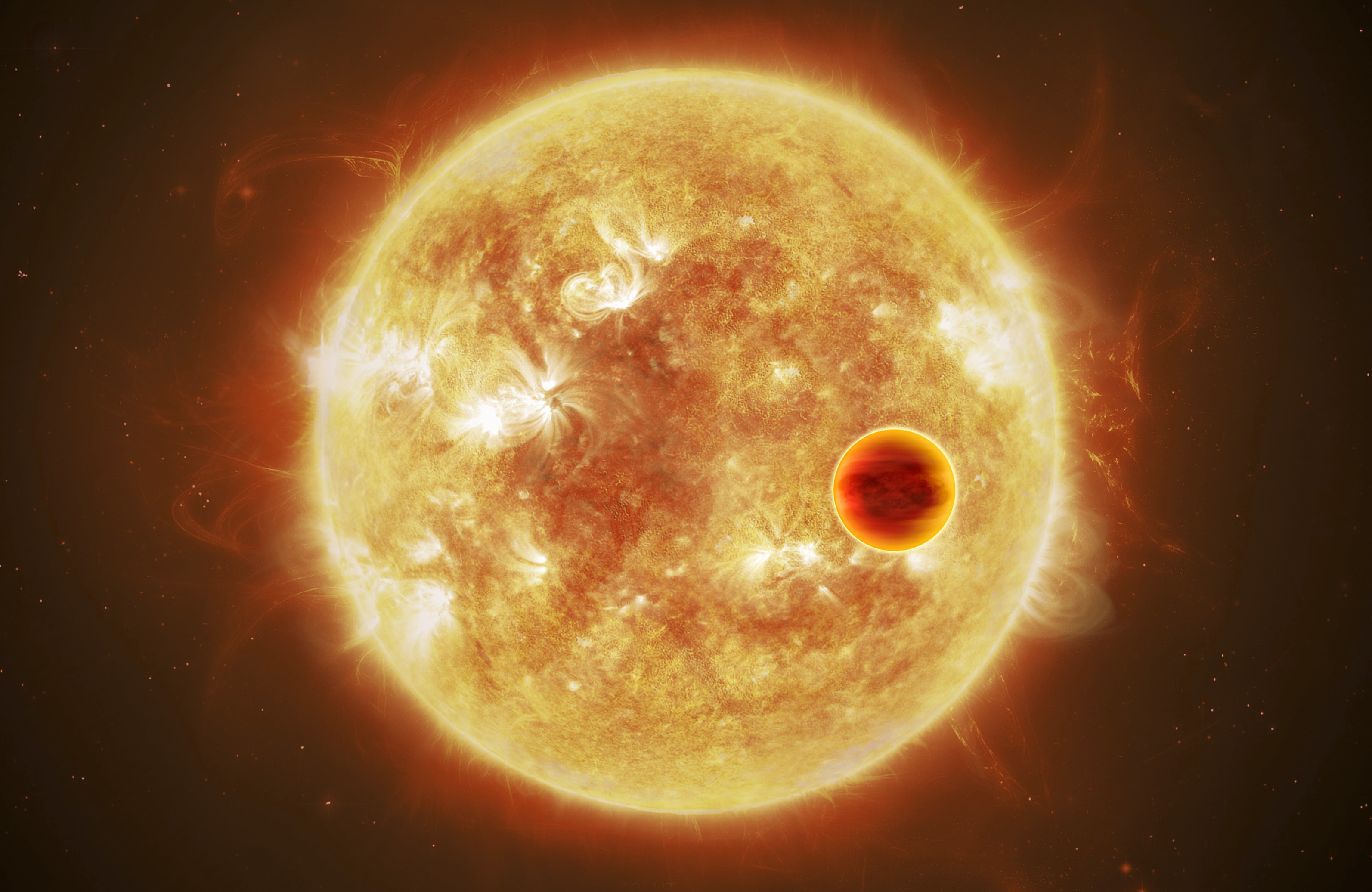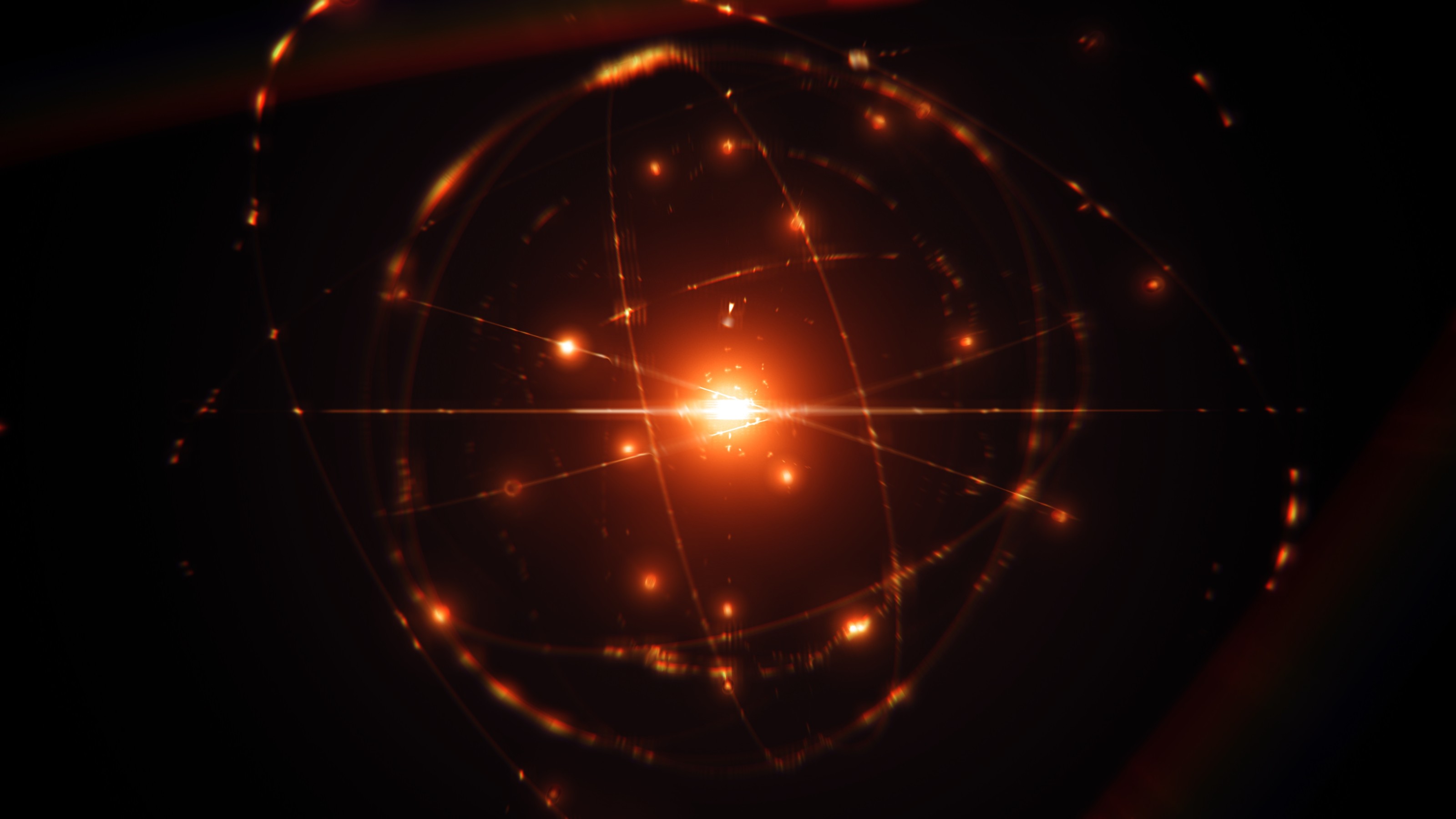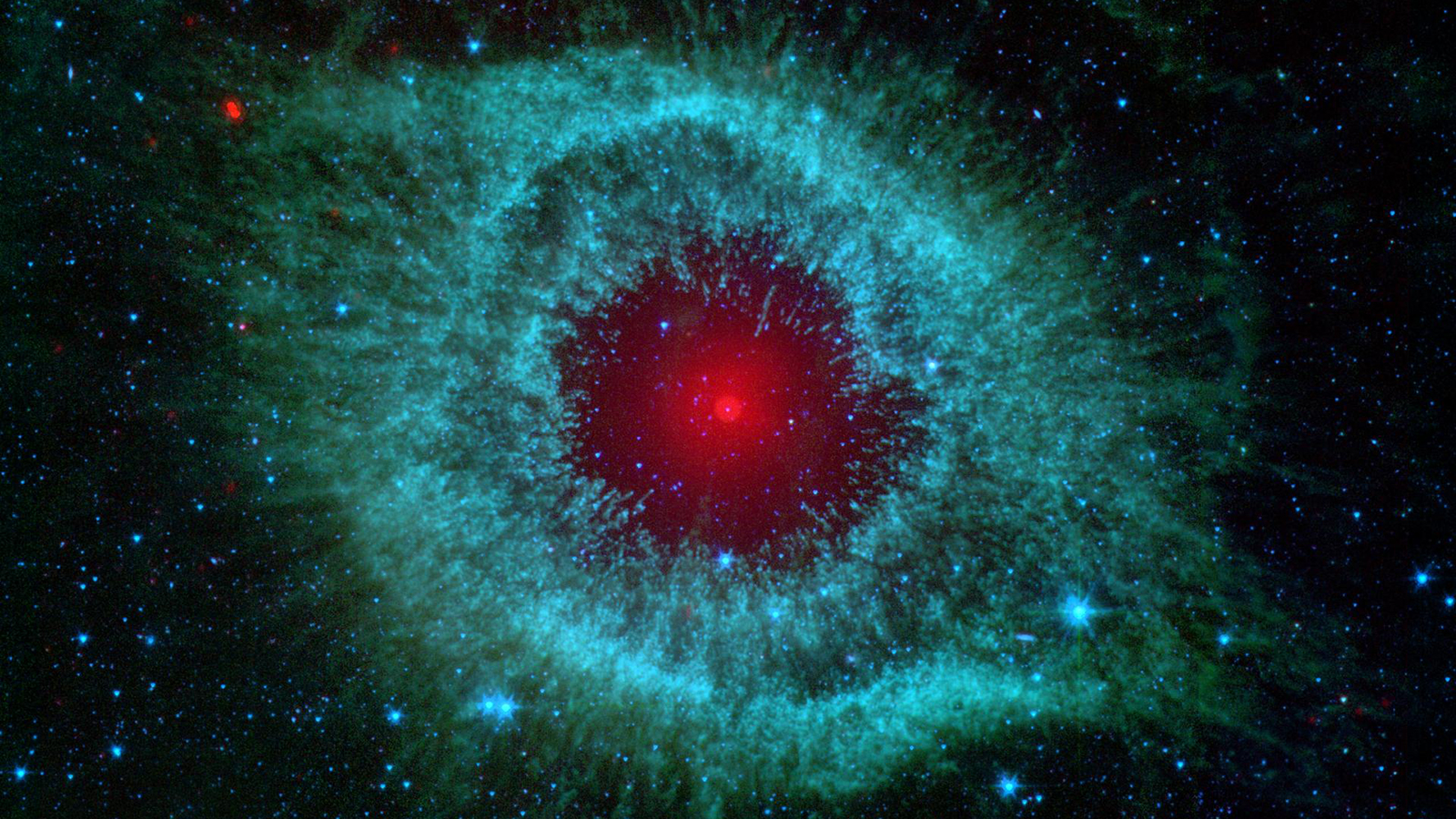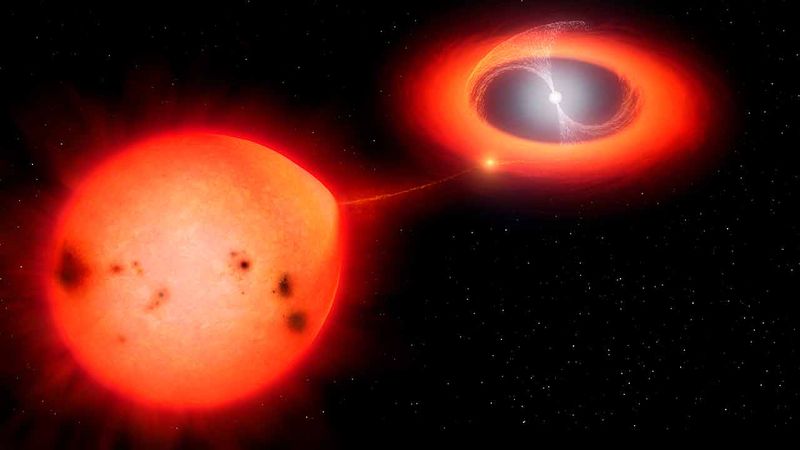George Raveling — the iconic leader who brought Michael Jordan to Nike — shares with Big Think a lifetime of priceless wisdom learned at the crossroads of sports and business.
Search Results
You searched for: sun
Every timekeeping device works via a version of a pendulum — even the atomic clocks that are accurate to nanoseconds.
We have long thought that Pluto was completely frozen solid, but the discovery of cryovolcanoes challenges that assumption.
Smoke taint from wildfires is gross, even to wine amateurs.
AI software is rapidly accelerating chip design, potentially leveling up the speed of innovation across the economy.
Dr. Tyson explains where we might find aliens, why “dark matter” is a misleading term, and why you can blame physics for your favorite team’s loss.
When the Hubble Space Telescope first launched in 1990, there was so much we didn’t know. Here’s how far we’ve come.
After 15 years of monitoring 68 objects known as millisecond pulsars, we’ve found the Universe’s background gravitational wave signal!
In Kannauj, perfumers have been making monsoon-infused mitti attar for centuries.
The long-standing debate over whether dinosaurs were more like birds or lizards is drawing to a close.
Science continues to amplify our view of reality.
From a desert oasis to the Rocky Mountains, being filled with awe makes me a better scientist.
We haven’t seen a partial eclipse lasting this long since 1440, and won’t again until 2669. North America is perfectly positioned for 2021’s.
When you combine the Uncertainty Principle with Einstein’s famous equation, you get a mind-blowing result: Particles can come from nothing.
Astrophysicist Michelle Thaller explains how a solar storm could wipe out civilization… and what we can do to prevent catastrophe.
▸
5 min
—
with
Thanks to protocols established centuries ago in Europe, world leaders no longer need to worry about having their heads bashed with an axe.
What do we mean by a black hole’s size? A photon sphere? The minimal stable orbit? The event horizon? The singularity? Which one is right?
Even if you or I will never actually visit these distant worlds, we now know they exist. They should fill us with wonder.
Most exoplanets have been found around single stars via the transit method. But binary star systems might contain even more of them.
These astounding inventions show that civilizations of the past were a lot more advanced than we might have thought.
Nobody knows where the word “penguin” comes from.
A Fermilab study confirms decades-old measurements regarding the size and structure of protons.
Most electric car charging is done at night. A grid powered mostly by renewable energy might not be able to meet demand, but there is a solution.
Media provocateurs and conspiracy theorists insist that they’re “just asking questions.” No, they aren’t.
The Universe isn’t as “clumpy” as we think it should be.
If you think you know how an astronomical nova works, buckle up. You’re in for a ride like you never expected.
Researchers speculate the famous monument was one of the world’s first solar calendars, possibly inspired by trade with ancient Egyptians.
Ocean fertilization is extremely controversial, but if done correctly, it just might work.


